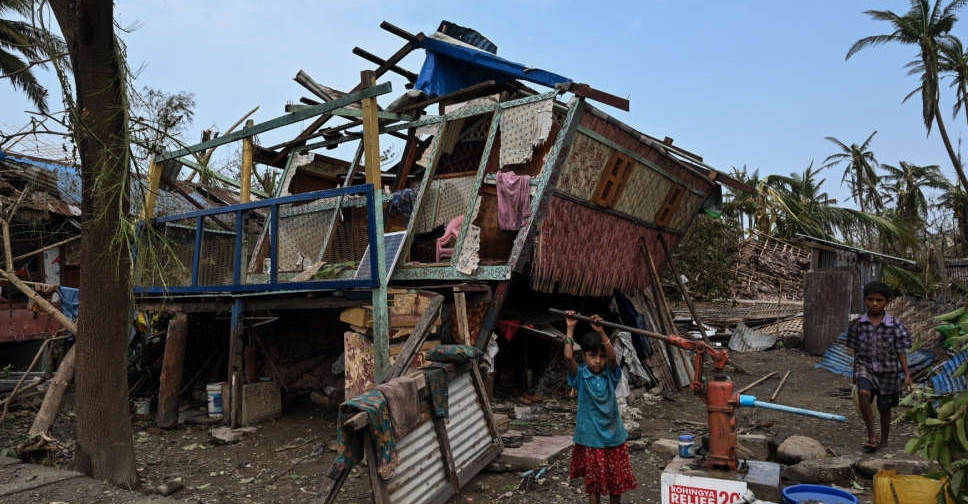
Many people, including Rohingyas, were feared dead in Myanmar in the wake of a cyclone that struck at the weekend, residents, aid groups and a media outlet said on Tuesday, with support efforts hampered by infrastructure damage.
Reuters was not able to independently verify the death toll.
Myanmar's impoverished Rakhine State bore the brunt of Sunday's storm, which unleashed winds of up to 210 kph, ripped roofs off homes, and brought a storm surge that inundated the state capital Sittwe.
Residents of the western region, where there is a large population of Rohingyas, said at least 100 people had died and many more were missing and feared dead, adding that aid was yet to be received.
A resident in the area, who declined to be identified over concerns for his safety, told Reuters more than 100 Rohingya were killed, based on assessments from multiple villages he said he had visited in the aftermath.
Two other residents contacted by Reuters also said a large number of people had been killed, as did a diplomatic source briefed on the situation, who did not provide details.
News portal Myanmar Now reported hundreds were feared dead, while aid groups said there were a "significant number of deaths". Myanmar's state media said three people were killed.
The storm was one of the worst since Cyclone Nargis swept across parts of southern Myanmar killing nearly 140,000 people in 2008.
Storm damage to communications and road infrastructure and ongoing restrictions by Myanmar's military government was making it difficult to get information from and deliver aid to the affected area, non-governmental organisations said.
"It's difficult to obtain accurate or up to date information, which also makes responding to the crisis adequately even more difficult," said Manny Maung of Human Rights Watch, adding that many were missing and feared dead.
Non-governmental relief organisation Partners said on Twitter: "We are scaling up our response effort to provide critical relief supplies like rice and tarps to Rohingya communities affected by Cyclone Mocha as we are able."
The region has a large population of Rohingyas, a persecuted minority that successive Myanmar governments have refused to recognise. More than a million live in sprawling camps in neighbouring Bangladesh, having fled military crackdowns in recent years.
Myanmar's state media on Tuesday said junta chief Min Aung Hlaing had visited Sittwe to assess the damage, donate money and give instructions on the response.
Before the storm made landfall on Sunday about 400,000 people were evacuated in Myanmar and Bangladesh.
The UN humanitarian office (OCHA) said about 6 million people in the region were already in need of humanitarian assistance before the storm, among them 1.2 million people internally displaced by ethnic conflict.




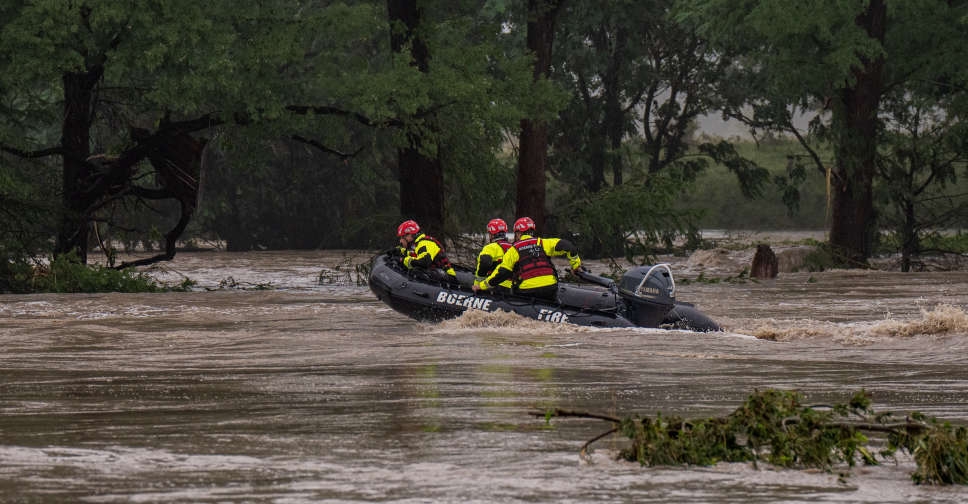 At least 24 dead in Texas flash flooding
At least 24 dead in Texas flash flooding
 Aid foundation says two of its workers injured in Gaza
Aid foundation says two of its workers injured in Gaza
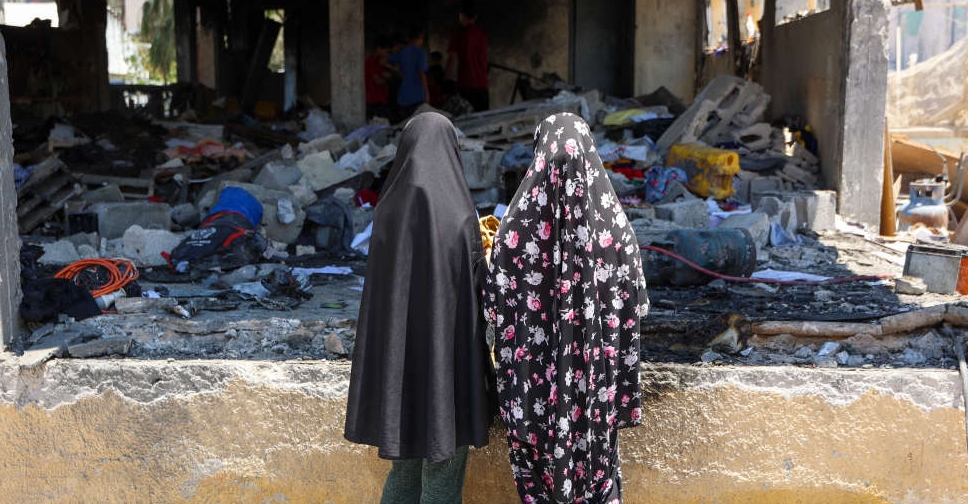 Hamas says it responds to Gaza ceasefire proposal in 'positive spirit'
Hamas says it responds to Gaza ceasefire proposal in 'positive spirit'
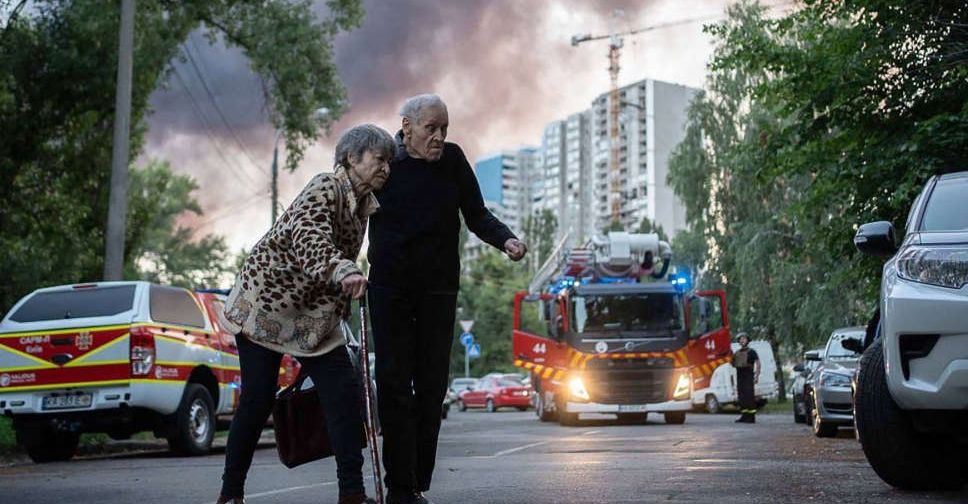 Russia pounds Kyiv with largest drone attack, hours after Trump-Putin call
Russia pounds Kyiv with largest drone attack, hours after Trump-Putin call
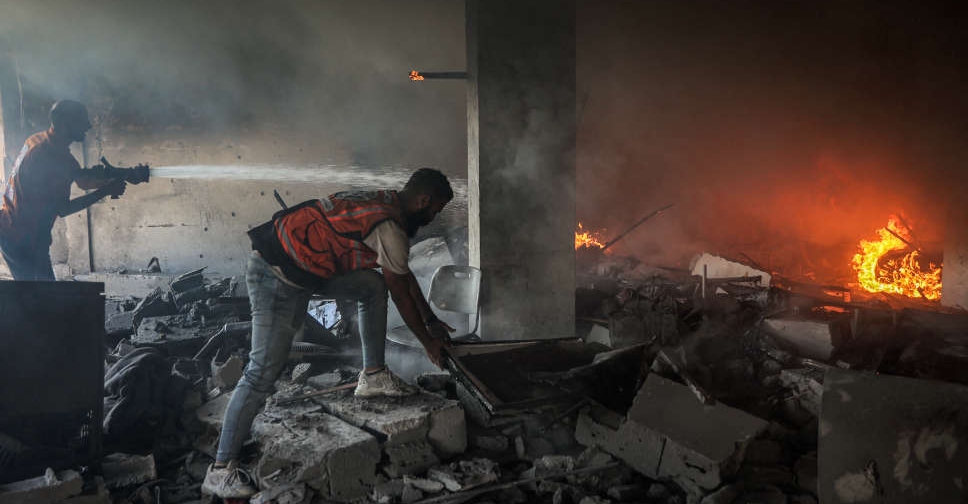 Trump says he expects Hamas decision in 24 hours on 'final' peace proposal
Trump says he expects Hamas decision in 24 hours on 'final' peace proposal






